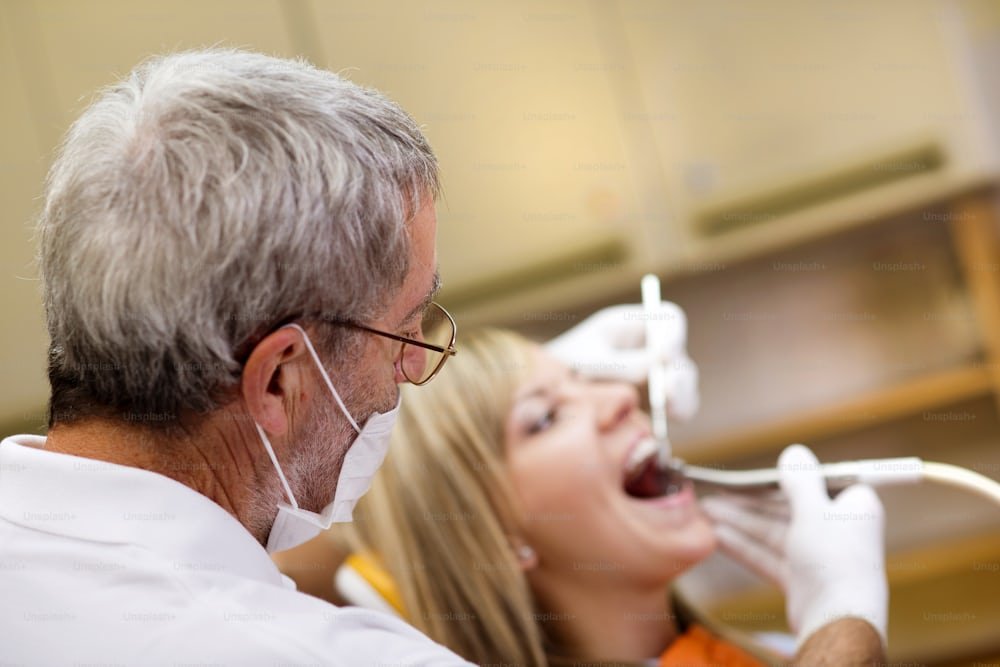Post Preview
Key Takeaways
- Continuing education is crucial for dental professionals to stay updated with industry advancements.
- Diverse learning opportunities benefit dental practitioners, including online webinars and hands-on workshops.
- Networking and peer collaboration can significantly enhance the learning experience.
- Integrating new technologies in dental practices can improve patient care and operational efficiency.
The Importance of Ongoing Education for Dental Professionals
Continuous professional development provides dental practitioners with the tools and knowledge required to offer top-notch care to their patients. This ongoing pursuit of knowledge ensures that dentists remain informed about new techniques, research findings, and technological innovations. Engaging in dental continuing education is a gateway to enhancing one’s skills and gaining a competitive edge in the industry. This dedication to learning improves the quality of care provided and helps build substantial patient trust. When patients know their dental providers are well-versed in the latest practices, they are more likely to feel confident and comfortable in their treatments. This trust is foundational for building long-term patient relationships and ensuring satisfaction in dental practices. Moreover, a well-informed dentist can better educate their patients about various treatment options, fostering transparency and patient autonomy.
Diverse Learning Opportunities
Dentists have access to many learning opportunities to elevate their skills and expertise. The educational formats available cater to varying needs and preferences, from online webinars to hands-on workshops. Participating in Continuing Education (CE) courses broadens one’s knowledge base and meets licensing requirements, ensuring dentists adhere to industry standards. Web-based learning platforms offer unparalleled flexibility, allowing dental professionals to tailor their education journey to their schedules. These platforms provide access to a wealth of information from the comfort of one’s home or office.
Conversely, hands-on workshops offer practical, real-world experiences indispensable for mastering new techniques and technologies. Combining these diverse learning methods enriches the educational experience and equips dental professionals with comprehensive skills. Additionally, engaging in these varied learning formats enhances cognitive retention and practical application.
Benefits of Attending Professional Events
Attending professional events like conferences and seminars offers dental professionals substantial benefits, especially networking. These events create platforms for engaging with peers, exchanging ideas, and discussing industry challenges. Often, a conversation with a colleague can lead to discovering a new method for improving patient care or optimizing operational workflows.
Additionally, these events frequently feature expert speakers who deliver insights on the latest research and trends within dentistry. Such exposure ensures attendees are informed about cutting-edge developments and can implement innovative approaches in their practices. This enhances individual professional growth and contributes to the overall advancement of the dental field. Moreover, professional events often provide a forum for addressing common challenges and sharing best practices, promoting collective progress in the industry.
Technological Innovations in Dentistry
- Incorporating cutting-edge technologies into dental clinics greatly improves patient care and operational efficiency. Advancements like AI, 3D printing, and digital radiography are transforming the field of dentistry. Ongoing education and keeping abreast of technological advancements allow dental professionals to utilize them efficiently.
For instance, AI assists in diagnosing conditions with higher accuracy, thereby reducing the likelihood of human error. Meanwhile, 3D printing facilitates the precise creation of dental prosthetics, significantly reducing the time and cost associated with restorative procedures. Adopting these technologies improves the quality of care provided and enhances patient satisfaction and loyalty. Furthermore, digital radiography offers quicker and more accurate imaging, allowing for better diagnosis and treatment planning. Embracing these innovations can streamline practice operations, increasing efficiency and improving patient outcomes.
Practical Tips for Implementing New Knowledge
- Set clear learning goals by identifying specific areas that require improvement. This targeted approach helps in selecting relevant educational resources and tracks progress effectively.
- Choose learning formats that align with your preferred visual, history, or kinesthetic style. This ensures that the educational experience is both practical and enjoyable.
- Engage in networking with peers to share insights, experiences, and best practices. Such interactions can provide new perspectives and solutions to common challenges.
- Frequently check and refresh your knowledge base by subscribing to professional journals and engaging in online forums. This ongoing update ensures that information remains current and timely.
- Experiment with gradually integrating new techniques and technologies into your practice, allowing time for adaptation and evaluation of their impact.
These strategies can help dental professionals incorporate new knowledge into their practice, improving patient outcomes and sustained professional growth. Constantly seeking feedback from patients and peers can also aid in refining new techniques and technologies, ensuring they are used to their fullest potential.
Collaborative Learning Benefits
Learning doesn’t have to be a solitary journey. Collaborating with peers can enhance the learning experience by exposing practitioners to diverse perspectives and ideas. Group discussions and study groups foster a deeper understanding of complex topics and stimulate innovative problem-solving approaches.
Moreover, collaborative learning encourages mutual support and motivation among peers. Sharing experiences and challenges can provide valuable insights and bolster collective knowledge. This collaborative approach enhances individual learning and contributes to the overall advancement of the dental community. Establishing mentorship relationships within the dental community can also provide guidance and support, promoting continuous professional growth and excellence.
The Road Ahead for Dental Professionals
The future of dentistry is promising, characterized by continuous advancements and innovations. Dental professionals committed to ongoing learning and development will be well-prepared to navigate this ever-changing landscape. By embracing new techniques, technologies, and collaborative learning, they can provide exceptional patient care while advancing their professional careers.
A dental professional’s commitment to lifelong learning and professional development is a testament to the professional’s excellence. It reflects their willingness to evolve and adapt to meet their patient’s needs and the industry’s demands. Continuously seeking knowledge and striving for improvement is essential in upholding excellent care standards and building patient confidence. As dentistry progresses, individuals who stay dedicated to learning and creativity will surely have a significant impact on the field and the health of their patients.

